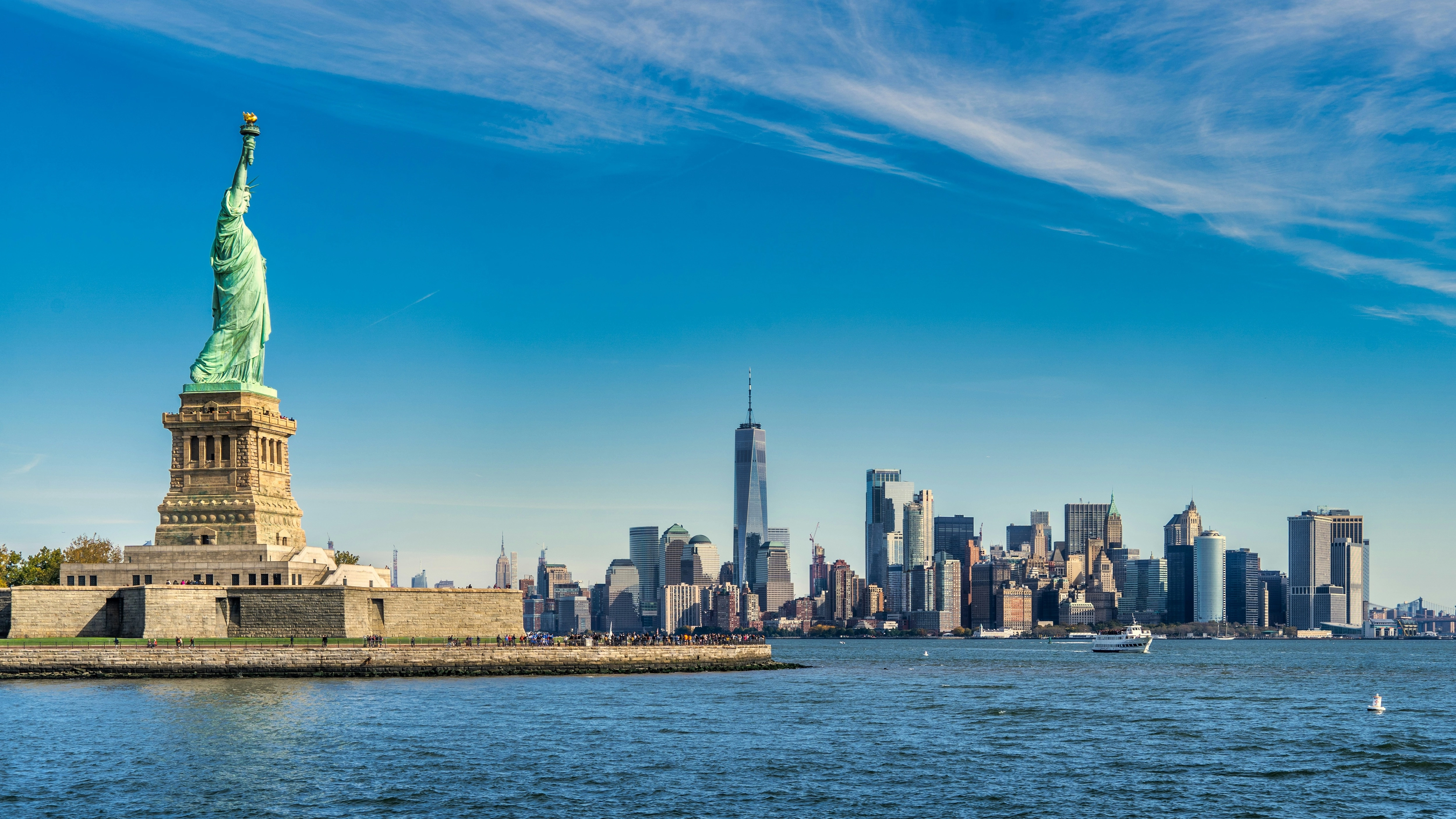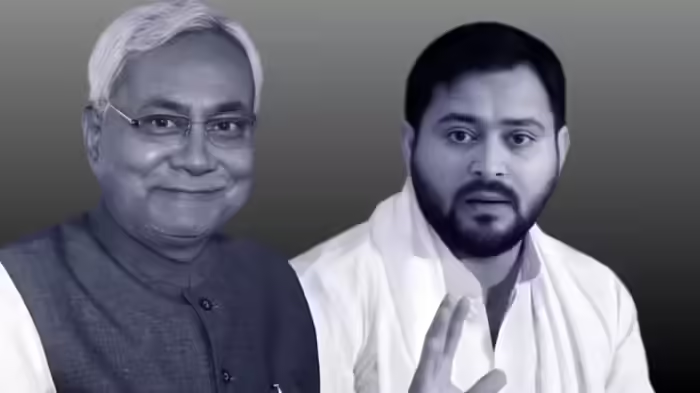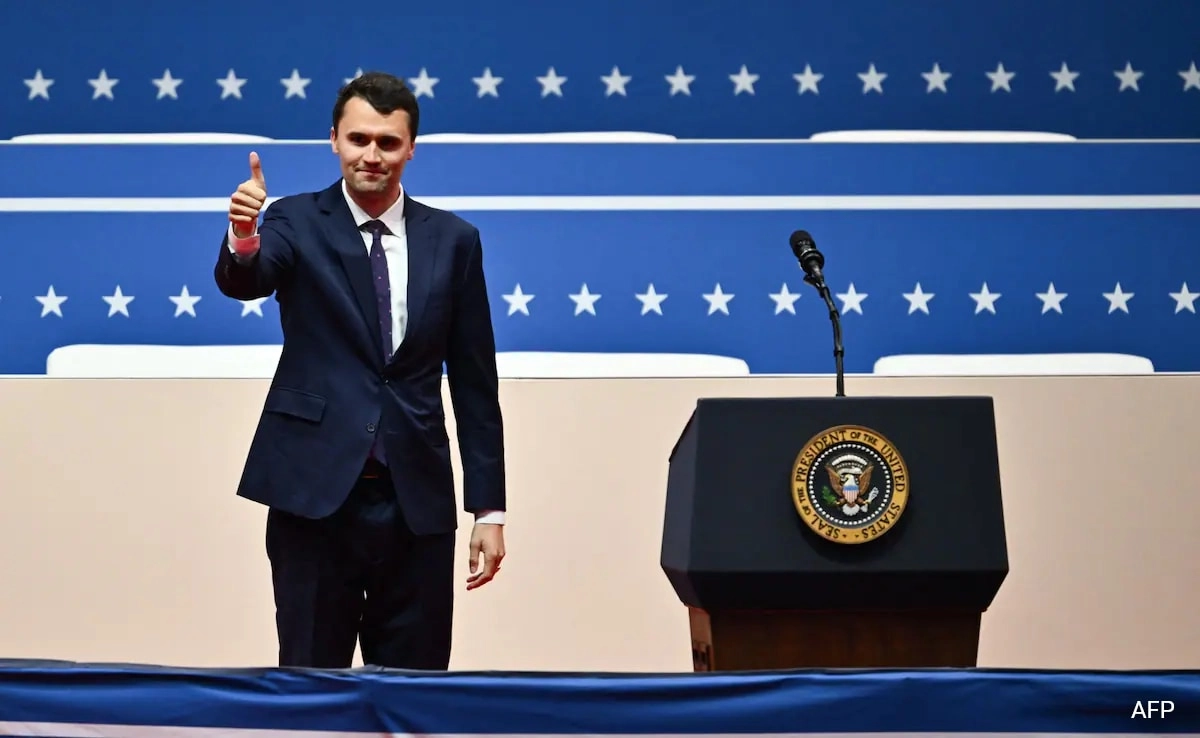The United States government has recently implemented stricter visa regulations that significantly impact Indian travelers seeking to visit the country. One of the most notable changes is the elimination of expedited visa appointment slots for Indian citizens. Previously, applicants could benefit from quicker processing times, allowing them to secure appointments within a shorter timeframe. However, the new policy mandates that all applicants must follow the standard procedure, which often involves longer waiting periods. This shift comes as part of broader efforts by the U.S. to manage visa applications more effectively and to address concerns related to immigration and national security.
The decision to tighten visa rules has raised concerns among Indian nationals who often travel to the U.S. for various reasons, including business, education, and family visits. The longer wait times for appointments could disrupt travel plans for many individuals and families who rely on timely visa processing. For students eager to begin their academic journeys or business professionals looking to engage in critical negotiations, the delay may pose significant challenges. Additionally, the tightening of visa policies can lead to uncertainty and anxiety among applicants, who may find themselves navigating a more complex and time-consuming application process.
Furthermore, this change may have broader implications for U.S.-India relations, particularly in the realms of trade and education. India is one of the largest sources of international students and skilled professionals in the United States, and any hindrance in visa processing could impact the flow of talent between the two nations. As businesses and educational institutions increasingly rely on a diverse workforce, these new rules may complicate existing partnerships and collaborative efforts. While the U.S. government maintains that these measures are necessary for security and regulatory purposes, the potential consequences for bilateral relations and the individuals affected cannot be overlooked.
In conclusion, the tightening of visa rules by the U.S. government, specifically the removal of quick appointment options for Indian applicants, is a significant development that could reshape the landscape for international travel and exchange. As the situation unfolds, it will be crucial for stakeholders to monitor the effects of these changes on both individuals and broader diplomatic relations. The ability to navigate visa processes efficiently is vital not only for personal endeavors but also for fostering deeper connections between nations, making it essential for both governments to find a balance that ensures security while still promoting collaboration and understanding.




